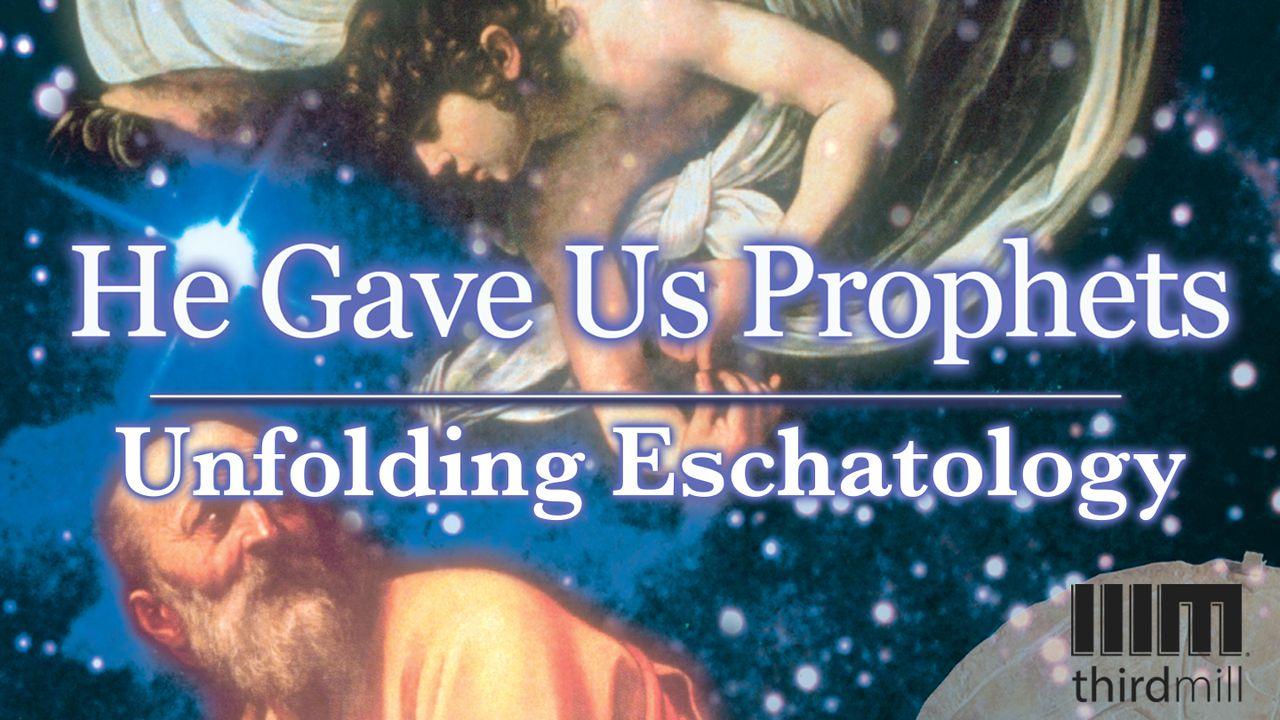He Gave Us Prophets: Unfolding Eschatology預覽

New Testament Gospel: Isaiah 52:5-7
The word “gospel” is familiar to every believer. It derives from the Greek word euangelion, which means “good news.” Time and again, the New Testament tells us that Jesus and his apostles preached the “gospel” or the “good news.” More than one hundred times New Testament writers speak of the Christian message about Christ as the gospel or good news. It’s very important to realize that the New Testament did not invent this word “gospel.” Instead, New Testament writers picked up the term “gospel” from the Old Testament prophets.
Old Testament prophets used the Hebrew word basar (בָּשַׂר) which is often translated “good news” or “glad tidings” on a number of occasions. What good news did they have in mind? Well, in a word, the good news announced by the prophets was the good news that the exile was over and that the restoration of God’s people was coming. For example, consider the way the prophet Isaiah spoke in Isaiah 52:5-7. In verses 5 and 6 we read these words:
For my people have been taken away for nothing, and those who rule them mock… Therefore my people will know my name … that it is I who foretold it. Yes, it is I.
God announces that his people will see a great display of his power, and they will know that he foretold the restoration from exile. Then, reflecting on this assurance of restoration, Isaiah says this in verse 7:
How beautiful on the mountains are the feet of those who bring good news, who proclaim peace, who bring good tidings, who proclaim salvation, who say to Zion, “Your God reigns!”
Isaiah announced that the appearance of certain messengers would be absolutely beautiful to behold. What kinds of messengers? Those who brought good news, or “gospel.”
Now, this prophetic background to the word “gospel” helps us understand why Jesus and his apostles came announcing the gospel of Christ. Jesus brought the restoration from exile. In Luke 4:18-19 Jesus quoted Isaiah 61:1-2, and he applied it to his life:
The Spirit of the Lord in on me, because he has anointed me to preach good news to the poor. He has sent me to proclaim freedom for the prisoners and recovery of sight for the blind, to release the oppressed, to proclaim the year of the Lord’s favor.
As this passage makes clear, Jesus saw himself as the one who brought the restoration from exile to the people of God.
